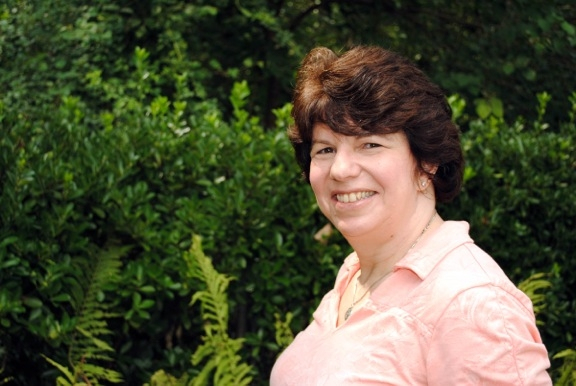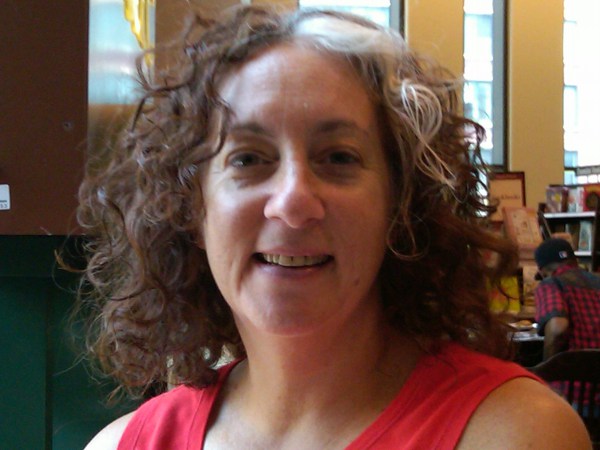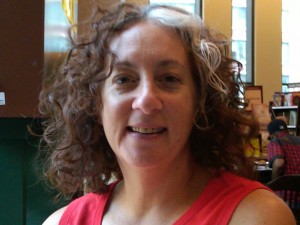CHMP Welcomes Senior Fellow Liz Seegert
Liz Seegert, MA is a healthcare journalist, writer, and consultant with a focus on social and human welfare. She merges her 25 years of experience in media and communications with policy and social concerns, such as women’s health, wellness, media literacy, and cultural communication.
Liz has written on a broad range of health topics, including AIDS, heart disease, teen health, and infertility. Her content has been featured in numerous print, video, and online outlets, including About.com, Kidshealth.org, Discovery Education, HealthWise magazine, Family magazine, and ThinkSocial.org. She also develops feature stories and educational materials for the nation’s third-largest hospital system, medical communication firms, and higher education clients. She recently co-authored articles in the Journal of Healthcare Information Management on patient-centered medical homes and in Practical Diabetology on sleep apnea. Prior to launching her solo career, she held communication management positions at a national home health care company, a division of a large not-for-profit, and a major global public relations firm. Liz began her career as a reporter for WBUR-FM, Boston, and then as an associate producer at WNEW-TV in New York.
Liz currently teaches media studies and communications at SUNY Empire State College. She created and maintains The Human Factor blog as forum to discuss how health issues impact everyday Americans. She is a member of the Association of Healthcare Journalists and a Board member of the Ethical Humanist Society of Long Island. She received her MA in Social Policy, healthcare concentration, from Empire State College.
[caption id="attachment_2590" align="alignleft" width="150"] Liz Seegert[/caption] Liz Seegert,





